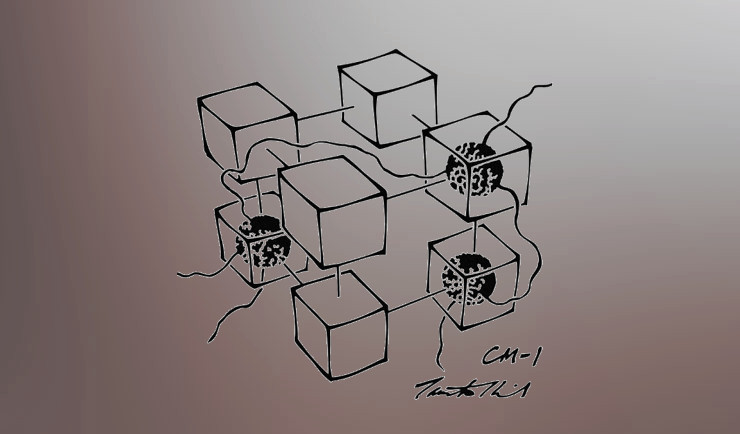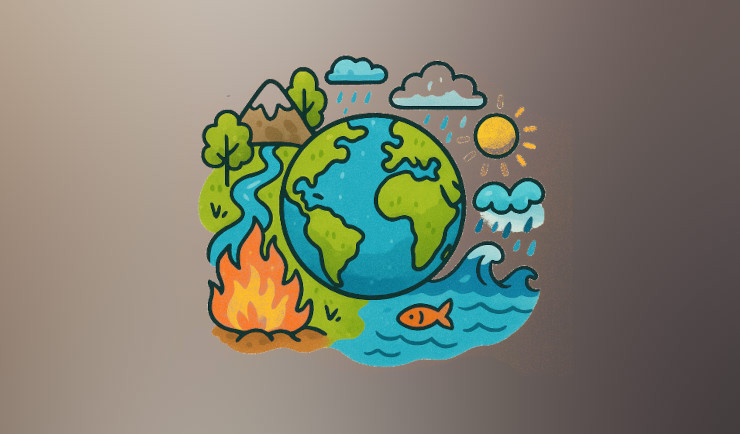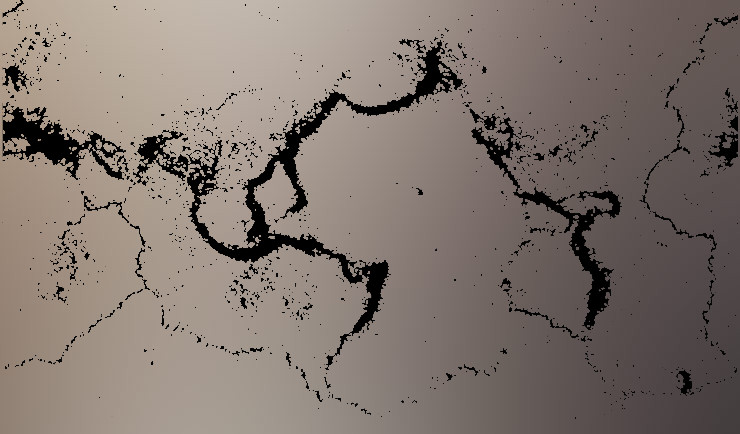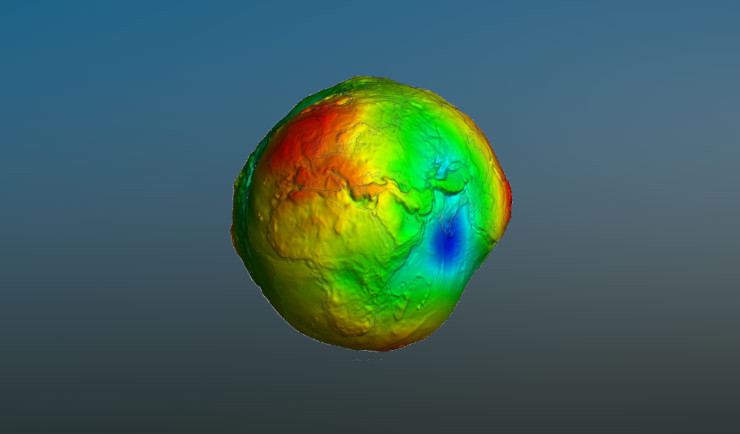 GEOS694 — Intro. to Computational Geosciences
GEOS694 — Intro. to Computational Geosciences
[Trial Course] This course introduces geoscience graduate students to topics and tools in computational geoscience. Students will expand on their basic programming skills to: 1) learn how to optimize their own codes, 2) learn how to work on shared compute systems, 3) gain exposure to more advanced computational tools and topics.
 GEOS689 — Topics in Geophysics
GEOS689 — Topics in Geophysics
Spring 2026 — Environmental Seismology and Geodesy
A weekly paper reading seminar that involves group discussion of selected publications for a given topic in geophysics. The scientific theme of the course changes each year. In Spring semester 2026, we explore how geophysics is used to study wind, the ocean, weather, fires, ice, rivers, etc.
 GEOS604 — Seismology
GEOS604 — Seismology
Seismology is the study of elastic waves propagating through the Earth or other planetary bodies, and the sources that generate them. Such waves are most commonly generated by earthquakes, but may also be excited by oceanic and atmospheric phenomena (e.g., storms), and anthropogenic sources (e.g., explosions).
 GEOS419 — Solid Earth Geophysics
GEOS419 — Solid Earth Geophysics
Concepts and techniques of geophysics including origin of the Earth, its structure, and large scale dynamic processes responsible for its surface features. Geophysical techniques including seismology, gravity, and magnetic methods are discussed along with measurements of the Earth's thermal structure, rotation rates and tidal effects.
 GEOS694 — Intro. to Computational Geosciences
GEOS694 — Intro. to Computational Geosciences



